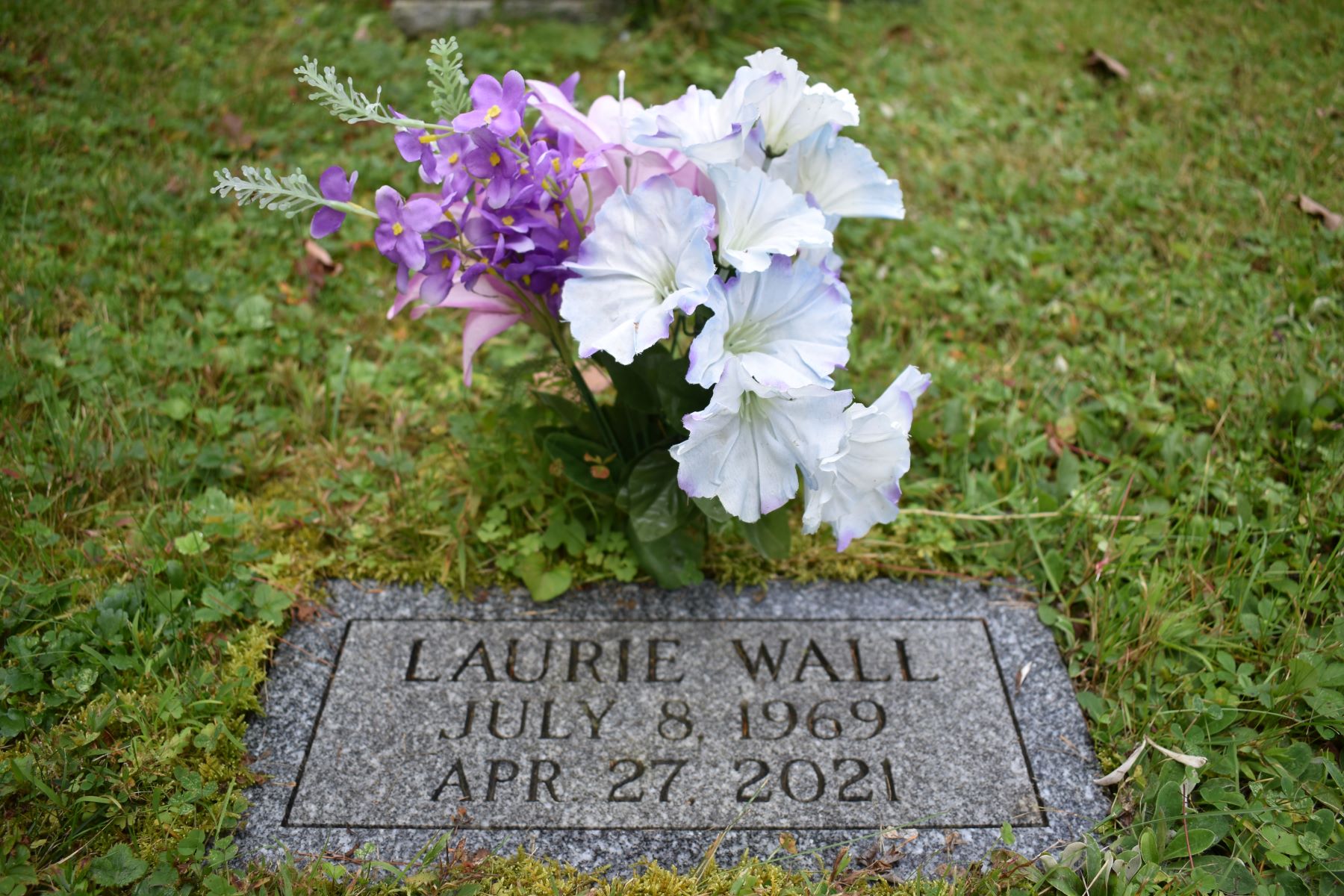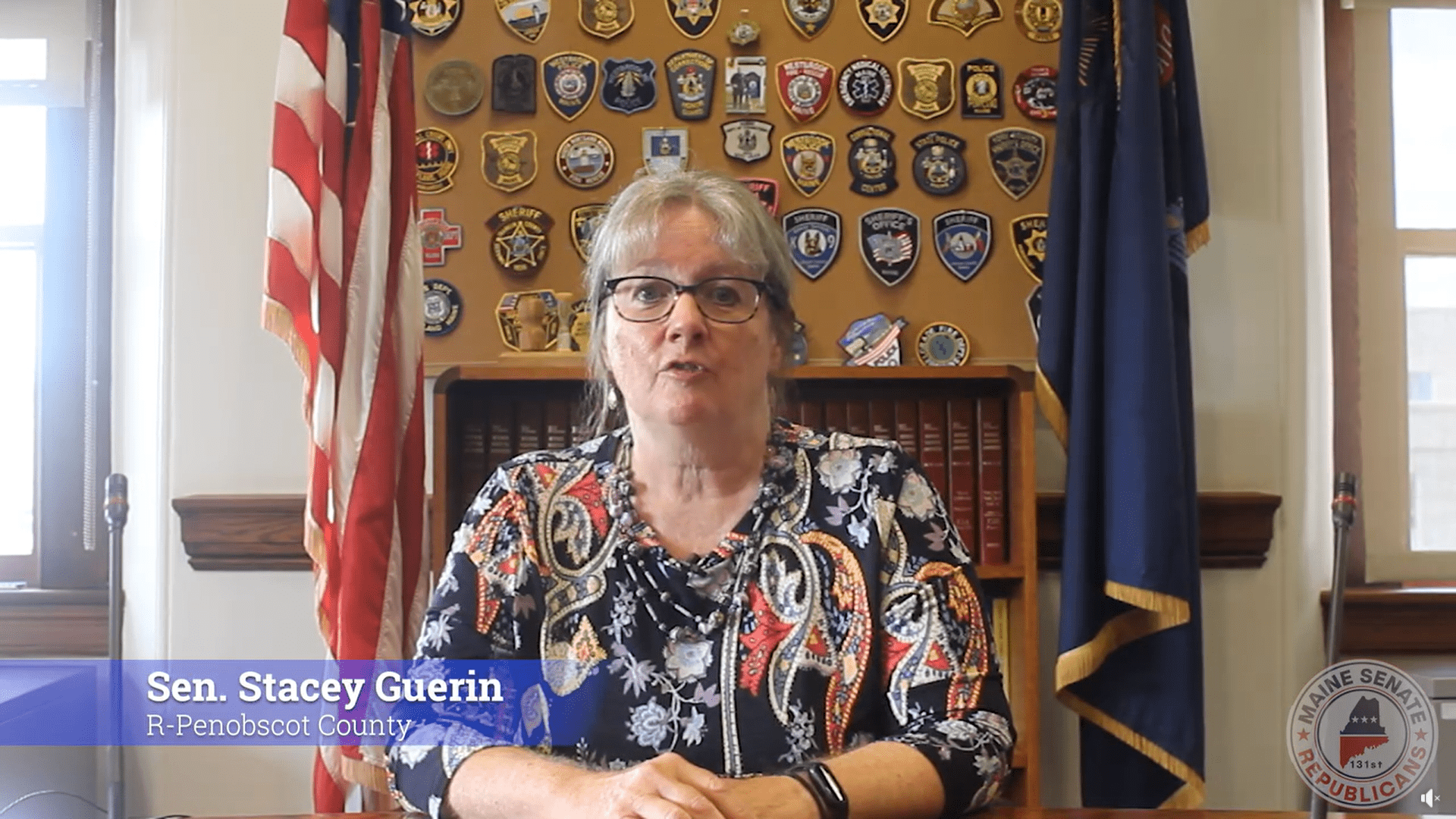A Republican state lawmaker said the state’s top social services agency “deserves all the scrutiny we can muster” in light of a Maine Monitor investigation that found eight people in public guardianship died under unusual circumstances.
In the Republican party’s weekly radio address, state Sen. Stacey Guerin on Friday criticized the Department of Health and Human Services for not alerting lawmakers about the deaths, despite a law requiring notification.
“That law was established in 1997, but not a single report has ever been made. Clearly, the law is being ignored,” Guerin said in the address.
“What’s most disturbing is these deaths only came to light through an accidental release of records by the Maine Attorney General’s office when the news outlet was investigating the impact of Maine’s probate court system on the guardianship program. Otherwise, the public would never have known this situation even existed. Unacceptable,” said Guerin, who represents District 4, which includes all of Piscataquis County and 11 communities in Penobscot County.
The Monitor reported that eight incapacitated people in the state’s care died during the past three years and that authorities don’t know exactly how.
The adults, all under public guardianship, died of what medical examiners described as “undetermined” circumstances. Over-medication was the cause of several of those deaths. Among them is a woman whose death was deemed a “homicide” by medical examiners.
The attorney general’s office closed the homicide case without prosecution due to insufficient evidence, spokeswoman Danna Hayes said in late August.
Hayes said that “due to a lack of evidence of criminal conduct,” several other cases “are not the subject of criminal investigations” by the office’s criminal division or Healthcare Crimes Unit, which is a specialized team that investigates abuse and neglect.

Since the article was published, Senate President Troy Jackson said he was “alarmed” by the unexplained deaths. Other lawmakers suggested DHHS be broken apart or face regular scrutiny by an inspector general.
Lawmakers have asked for information about how the Probate Courts and Department of Health and Human Services handle public guardianship cases, and the agency’s plan to comply with the existing law that requires it to report these kinds of deaths to the legislative Health and Human Services Committee.
The law has not been followed in the more than 25 years since it was passed, the Monitor reported. The meeting is scheduled for Oct. 25.
“It is vital that Maine take steps to ensure that there is transparency and proper oversight of the public guardianship program. The death of any individual in state custody must be investigated to the fullest extent possible,” Jackson said in a statement after the Monitor story was published.
The Department of Health and Human Services is the largest executive branch agency in Maine. It employs around 3,000 people, and provides health and social services to approximately one-third of the state’s population, according to the state’s website.
In her radio address, Guerin noted the legislature is already investigating a series of child deaths through the Office of Program Evaluation and Government Accountability.
“. . . we should probably add this to the pile of problems for a department that is obviously too large, too unaccountable and, according to some, should be broken up into smaller, more transparent agencies or have a greater level of oversight,” she said.
“Either way, we have to force change,” she said. “DHHS has been failing for years; and burying our heads in the sand and hoping things will change on their own is not an option.”








